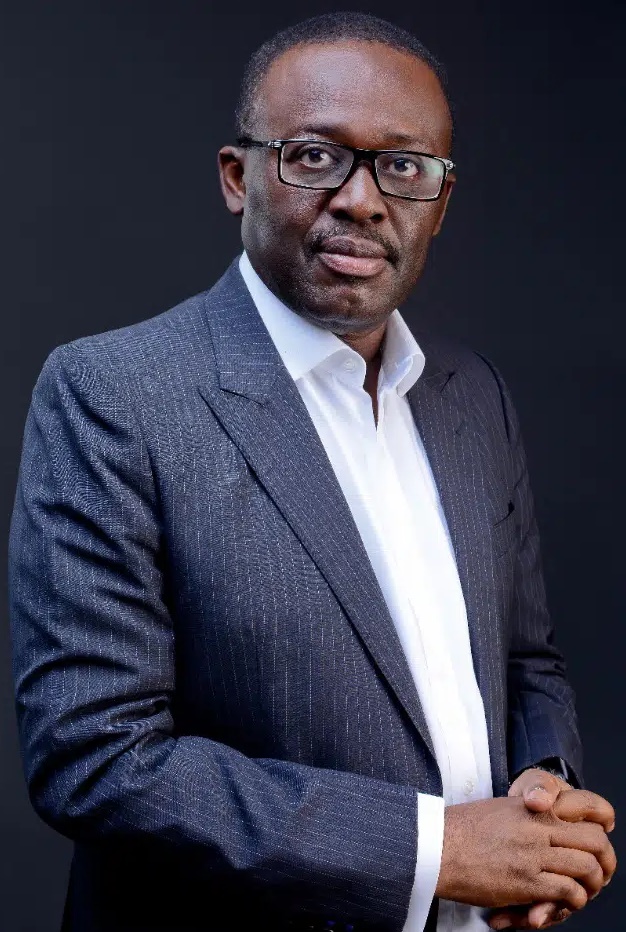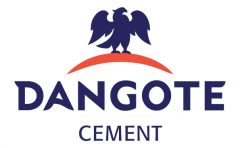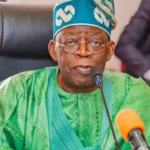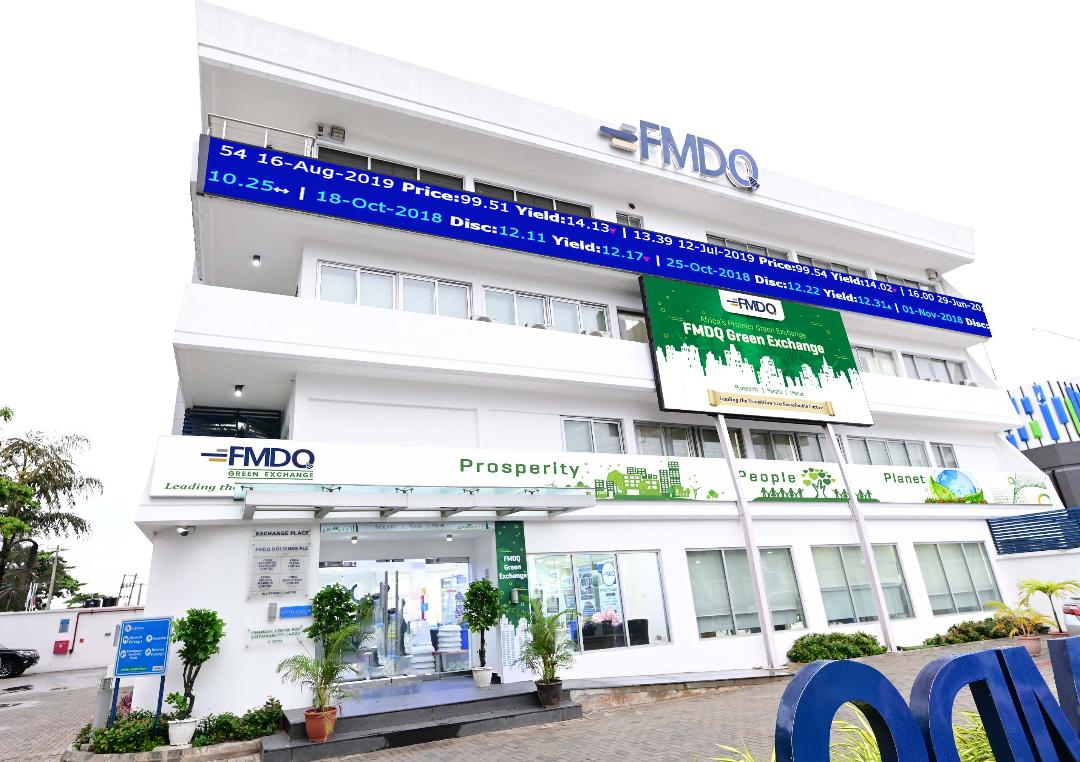
By Victor Ogiemwonyi
marketconversations.substack.com
The Nigerian Pension Commission (PENCOM) recently welcomed a new chairman, Otunba Opeyemi Agbaje, a fine gentleman I have followed since his days at Guaranty Trust Bank.
We started writing for BusinessDay Newspapers around the same time. I religiously followed his column. I have also been an active participant in his Policy Council from its inception, both on television and now as a WhatsApp forum. I can claim to know him.
PENCOM has been fortunate to have a long line of very competent people. They include those who birthed the industry in Nigeria and have regulated it since the beginning. I expect nothing less from Mr. Agbaje and his board members.
I want to suggest an agenda for them. This will give me something to benchmark their performance against in the future.
Lessons from the Capital Market
This is not the first time I have proposed an agenda for a Regulator. Sometime in 2010, I suggested an agenda for Ms. Arunma Oteh, who was appointed Director-General (DG) of Nigeria’s Securities and Exchange Commission (SEC) during the crisis period in the Nigerian Capital Markets. Reporters at BusinessDay Newspapers at that time asked for my suggestions in an interview that was later published.
I suggested three focus areas for her:
- Resolve Disputes: Clean out all disputes and claims from the collapse of the Nigerian Stock Market in 2009.
- Foster Self-Regulation: Focus on the rapid development of market associations. These associations would serve as her monitors in the market. Many of the groups we see today did not exist then, apart from a few like the Association of Issuing Houses (AIHN)… responsible for the primary side of the capital market … actually (The Association Investment Bankers, that cuts across banks and non-banking institutions in the market)… These associations are now monitors and self-regulating entities. They keep the market vibrant and self-correcting. The market has fewer infractions today than at any other time in its history. I believed then that self-regulation was the best regulation. If market participants organize and work with regulators, the market becomes more accountable. Regulation then becomes easier and more efficient.
- Implement Reforms: Focus attention on implementing the Dotun Sulaiman committee report on the Nigerian Capital Market. This committee was prompted by the 2008 financial crisis in the US. It was a proactive move by the then chairman of SEC Nigeria, Senator Udoma Udo-Udoma, to better prepare the market for the impending crisis in the country.
The Sulaiman Committee’s Impact.
The committee consisted of some of the brightest minds in our market, including people within Nigeria and in the diaspora.
For instance, Ms. Yvonne Ike, Managing Director, Renaissance Capital, West Africa, who was previously, a Managing Director at JP Morgan, was a standout. Her work ethic and devotion were second to none. I was a member of that committee, and I know how often she hosted a small group in her home to ensure the work got done. The committee’s work was detailed and bench-marked against best market practices globally. Many of its recommendations are why the market is working so well today.
This work could have been more impactful and may have partially saved the market from the unfortunate 2009 stock market crisis if only the government had taken our suggestions seriously and intervened.
Unfortunately, the authorities did not react quickly enough before the crash came. During our work, we stumbled on a brewing crisis and feared its impact. We set up a sub-committee to focus on what we found.
Warning The Government
The sub-committee’s report was grave. Senator Udo-Udoma, called the attention of the federal authorities to it. He arranged a meeting at the Federal Ministry of Finance in Abuja. That meeting was attended by the then Minister of Finance, Mallam Shamsuddeen Usman (who was our host); the Governor of the Central Bank of Nigeria (CBN), Professor Chukwuma Soludo; the Director-General of SEC, Musa Al-Faki; the Economic Adviser to the President, Yakubu Tanimu; and Udo-Udoma, representing the Government.
Three of us were invited to represent the market: Dotun Sulaiman, the committee chairman; a very experienced, former chairman of Accenture, a consulting firm, Tola Mobolurin, a capital Market expert and myself.
We presented our findings, stating that the exposure of our banks was far larger than reported. Our review indicated that the banks were exposed in a bad way that could lead to a serious crisis, and asked for immediate intervention. We had feared a market crash, coupled with a large exit of foreign portfolio investors, which could have triggered a currency crisis.
Despite our alarm, Professor Soludo, unfortunately, outrightly dismissed our concerns. He said most banks’ managing directors were his personal friends and that he would have known if the number were that large. Mallam Shamsuddeen Usman jokingly laughed us out of his office, and quipped that we had privatized the profits when times were good but now wanted to socialize the losses in bad times.
The arguments grew heated, following which Mobolurin became frustrated and agitated, warning that this was exactly what U.S officials did in 1929, when they buried their heads in the sand before the crash. Our cool-headed chairman, Sulaiman, intervened, and admonished us to step back. He said we had done our job and should leave them with the reports to do as they wished.
The government did not take specific action before the market crash. However, Professor Soludo, the CBN Governor, must have read our reports later, which is why he later issued notices for banks to fully disclose their exposure to the capital markets.
The problem became complicated because many banks did not distinguish between a margin loan trading line and an overdraft backed by shares. A margin loan was a credit line to trade securities. Beneficiaries had to put up a 30% margin upfront. This margin absorbed any market decline, with the banks controlling the trade and could, therefore, halt it if the margin vanished and the trader failed to replenish. An overdraft line was simply a lending to buy specific stocks the bank believed would be profitable. The blurring of this line made the true exposure much bigger than anyone knew.
Given that Ms. Oteh implemented all three recommendations, her tenure was successful. She was effective and brought about many changes.
The Agenda for PENCOM
With the hindsight of this background, I am now encouraged to do the same for our pension sub-sector. It is another important segment of Nigeria’s financial markets. The Nigerian Pension industry is vast and full of unrealized opportunities, unfortunately, its potential has not been fully exploited. Therefore, I need to highlight and put up three broad agenda items for the new chairman and his board to consider.
1. Growth in Size: Participants and Investment
No industry needs size more than the pension industry in Nigeria today. Its growth must be continuous and perpetual, because its liabilities are also perpetual. It must have perpetual streams of revenue and contributions to always meet these obligations. Revenues are more critical than profits, even though profitable investments are the goal. Revenues to meet day-to-day obligations are more important.
The current move to tap the huge opportunities in the informal sector is a step in the right direction.
I would like to see Pension companies come together to tackle our huge infrastructure deficits, which also hold vast commercial opportunities. They should enter into syndication arrangements and pool resources to make commercial infrastructure projects work. This will create a perpetual source of revenue while diffusing the associated risks.
Imagine two or three large pension companies backing a project like the Lagos–Abuja rail line. They would de-risk the project, then invite other investors and infrastructure companies to join. This is a practical way to create revenue. It would take care of our very young population who are now contributing to their pensions.
These projects not only reduce our infrastructure deficits but also create other opportunities, jobs, and new pension contributors.
My expectation is that the current size of the industry, currently about N25 trillion (Assets Under Management), can be five times larger by the time Agbaje and his team complete their first five-year term.
2. Expanding the Investment Horizon
The regulator should also issue guidelines to allow Pension Companies invest abroad. The recent stability in the Naira presents an opportunity. The sovereign and pension companies of Norway and Singapore all invest abroad. This diversifies risks and earns in places where there is growth. Our pension industry’s size is tiny compared to its potential. It should be a consistent capital formation source that many other industries can rely on for their growth. Creating these investment revenue streams is essential to quickly develop the industry. They should also aim to benefit from available investment management expertise by using multi-managers for assistance.
3. Aim To Be The Top Ranked Regulator
They must take their Regulatory Responsibility seriously. They must understand that their role is an enabler of the industry they are regulating. They must avoid the penchant for constantly creating revenues for the regulator. This happens through all manner of fees and constantly playing police. They should adopt the thinking that less regulation is not necessarily bad regulation. They should help their industry modernize its processes. They should bring plenty of insights for constant improvements to better serve their stakeholders.
Our pension industry has a long way to go. It has the potential to influence development in many other areas. Mr. Agbaje and his Board have the opportunity of a lifetime to make a huge difference.
Mr. Victor Ogiemwonyi is a retired Investment Banker and writes from Ikoyi, Lagos.
















